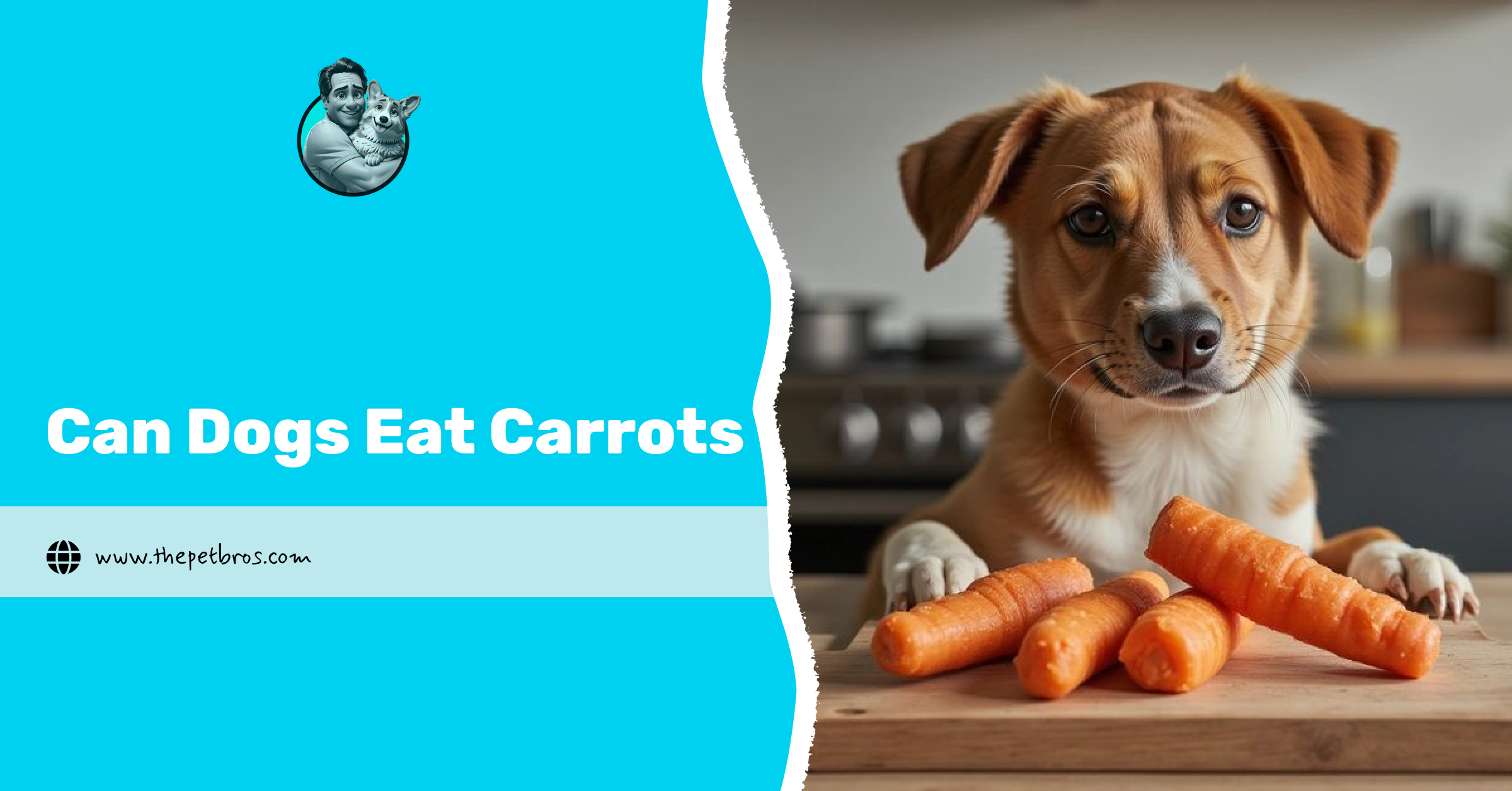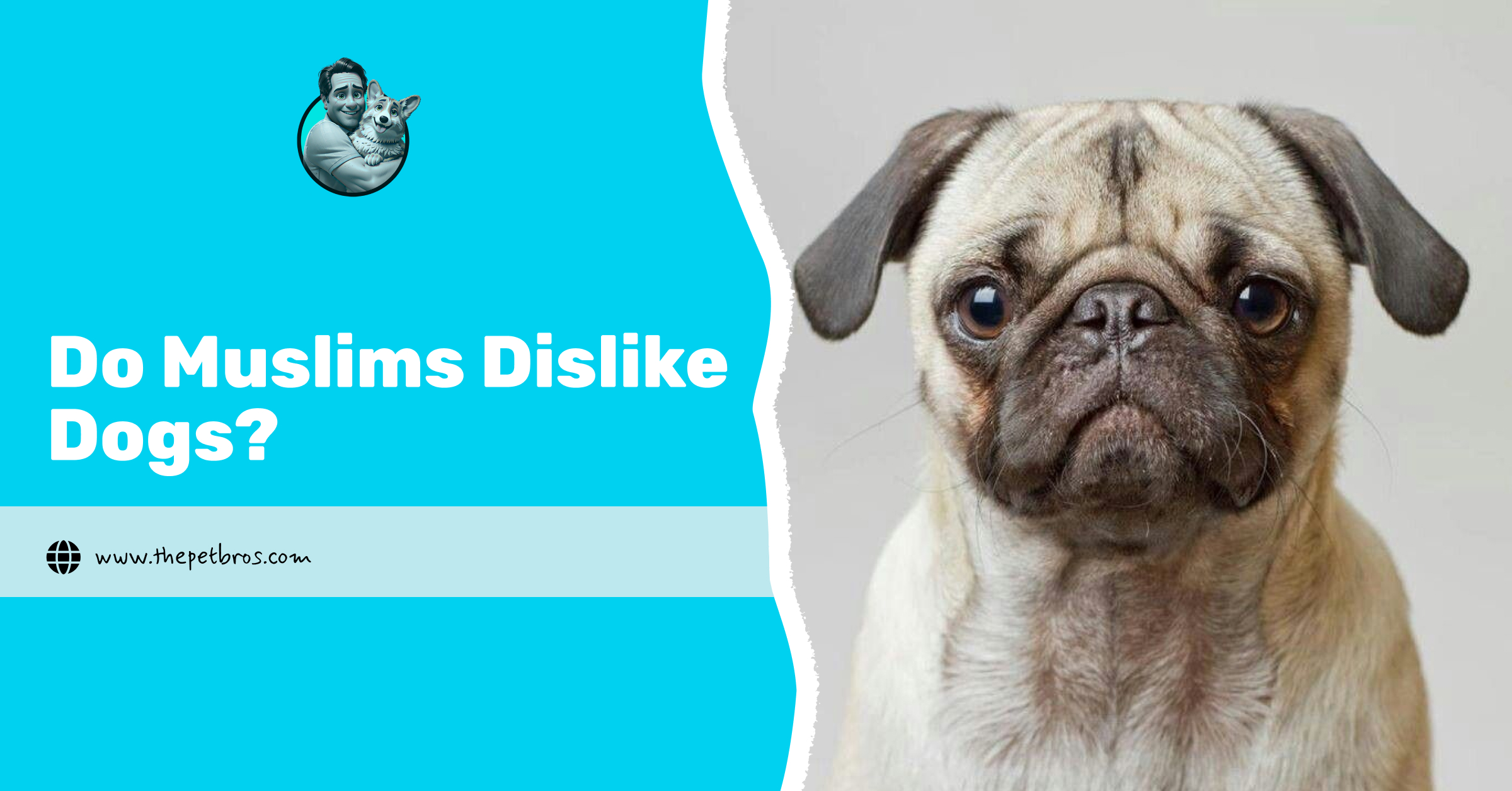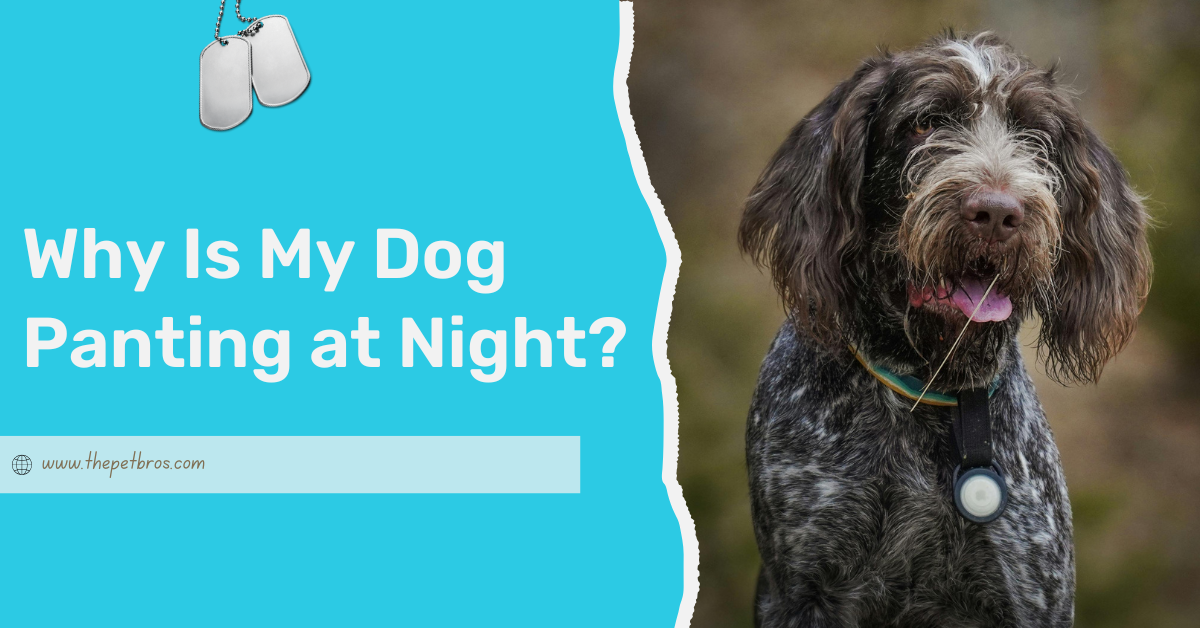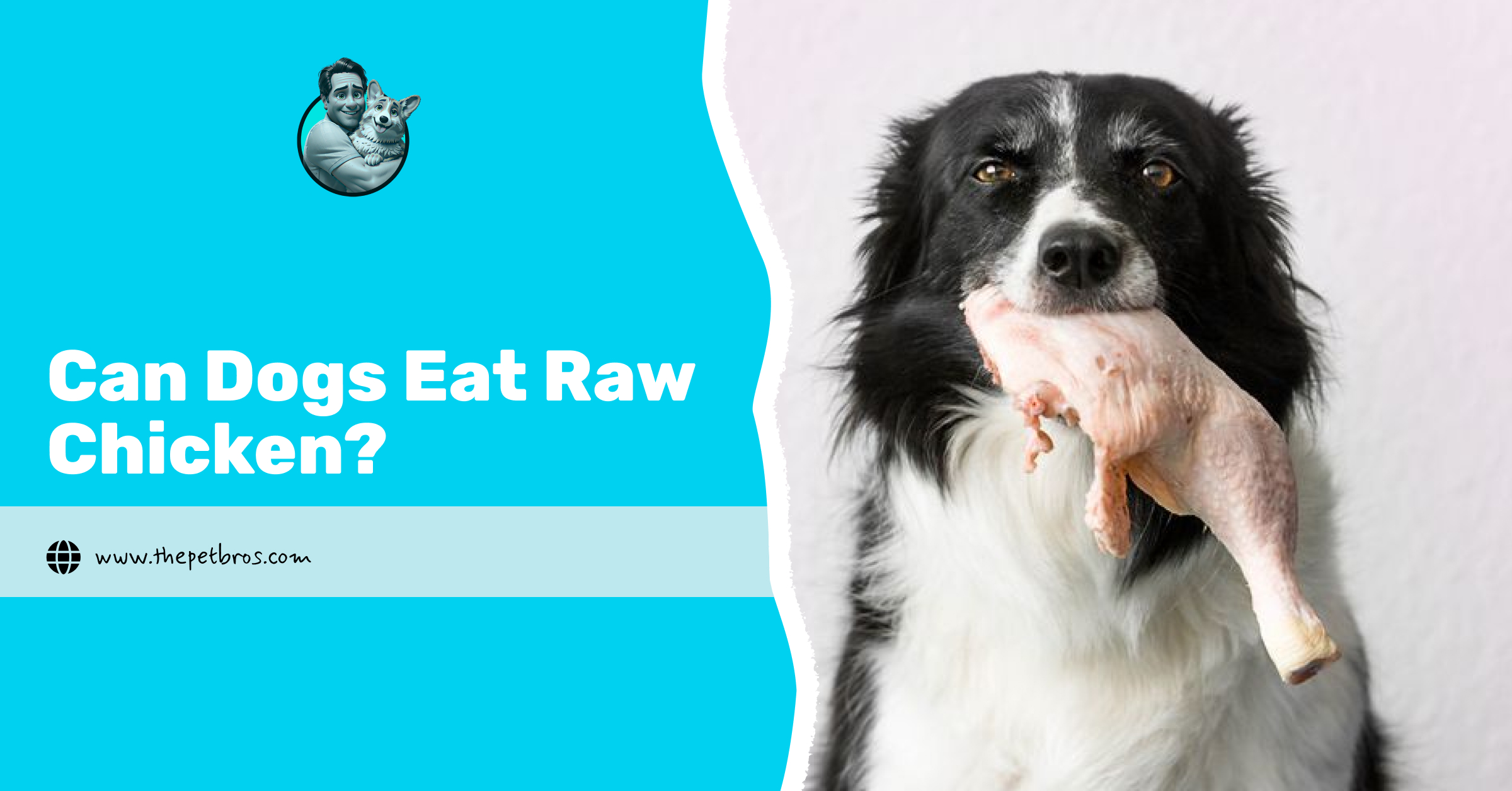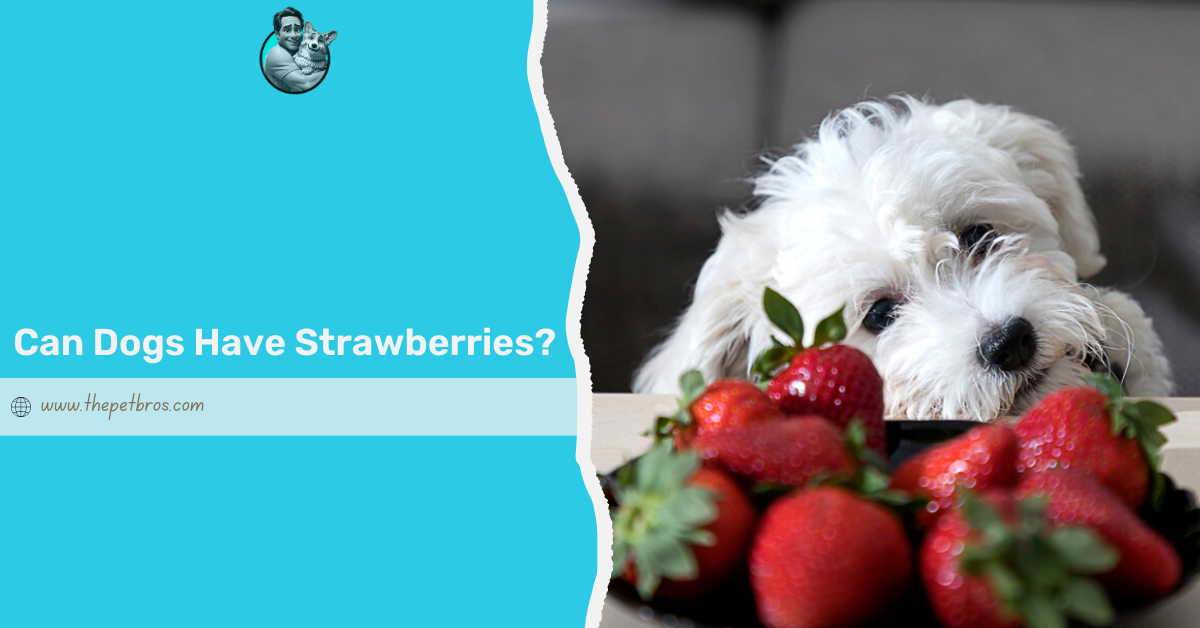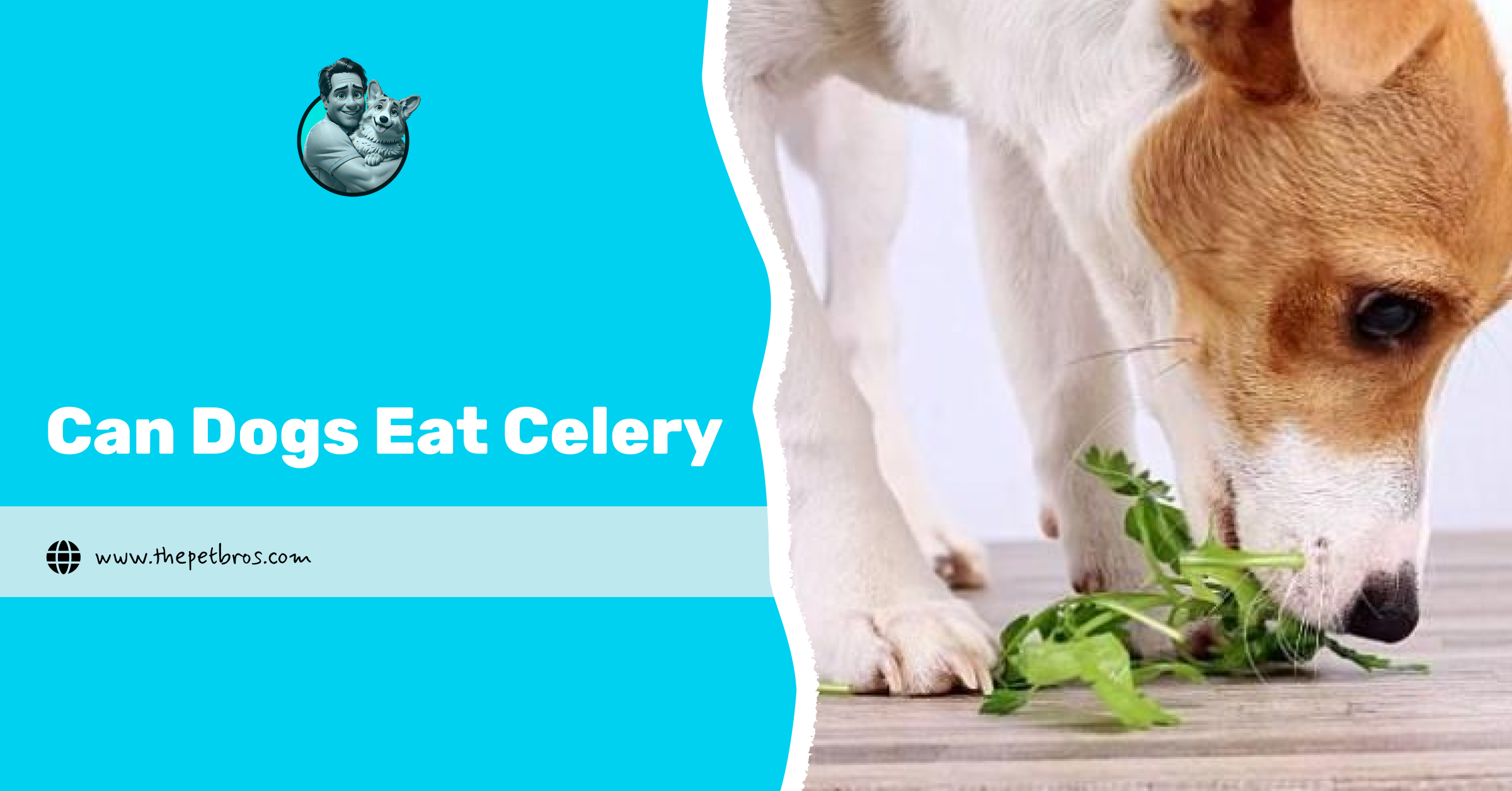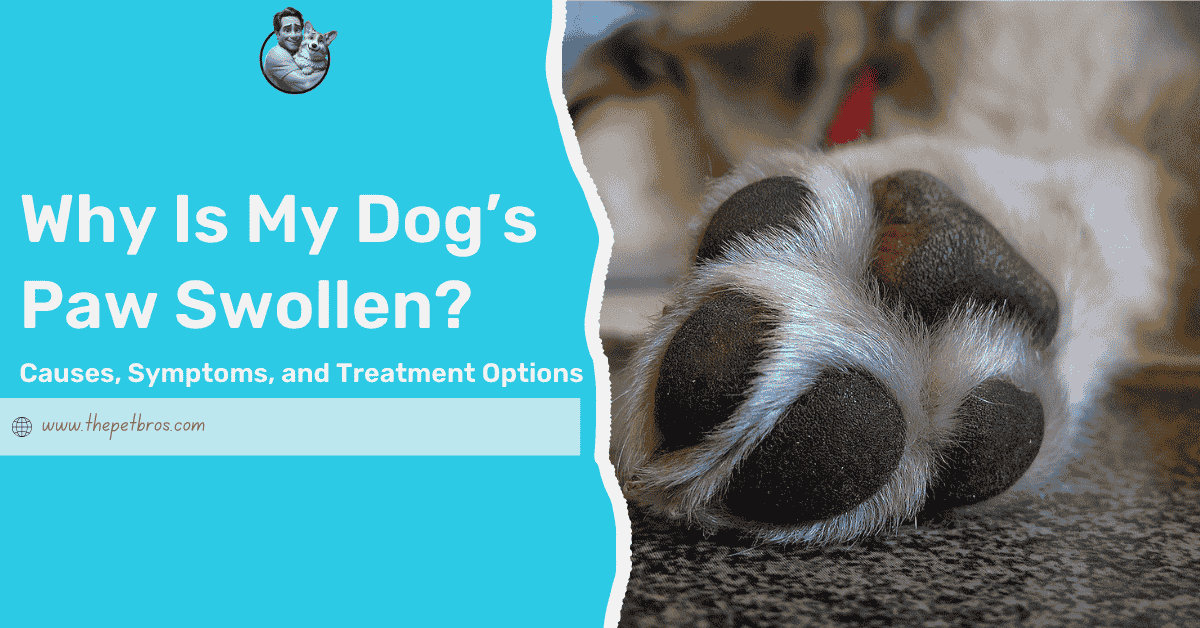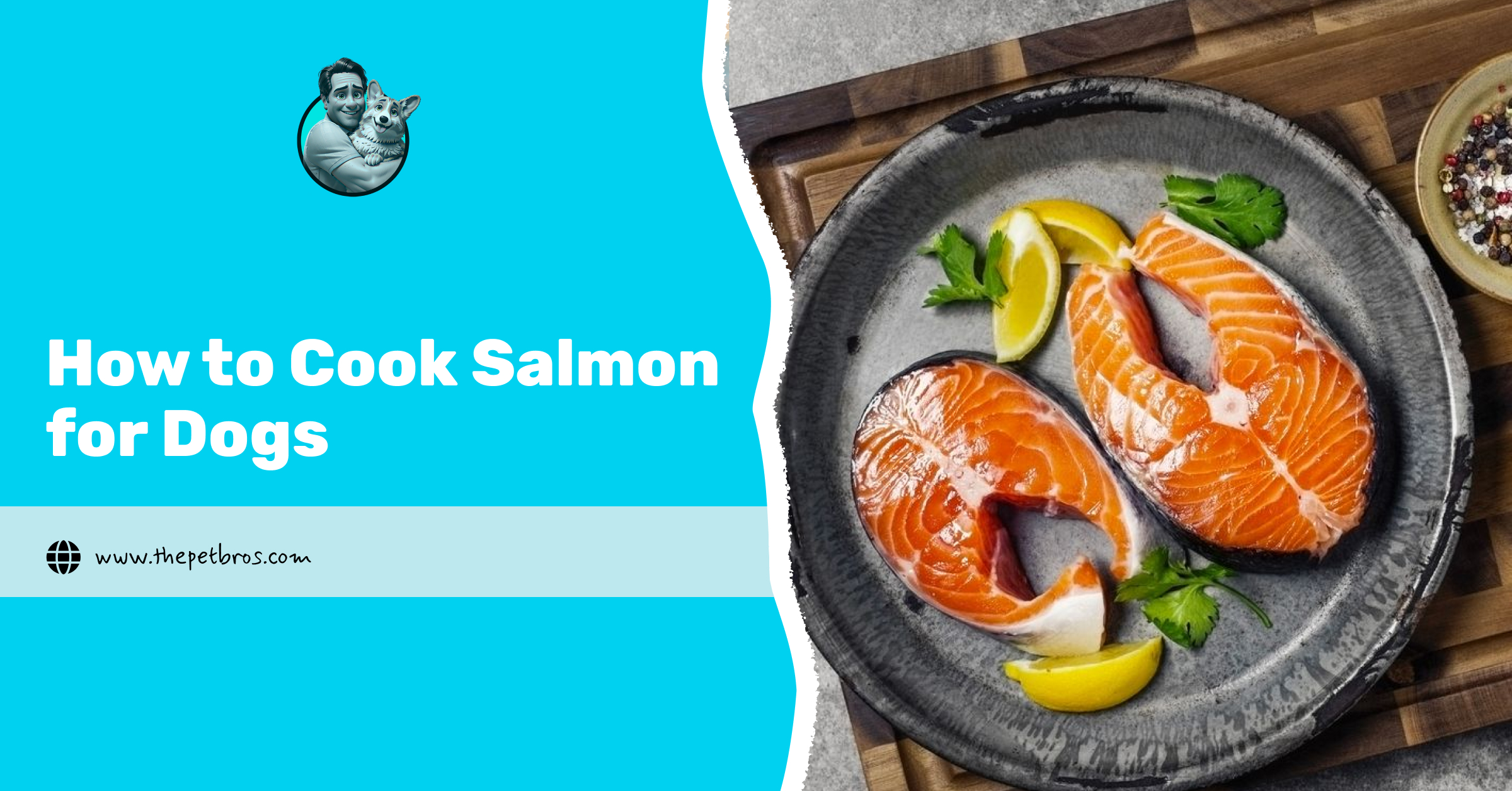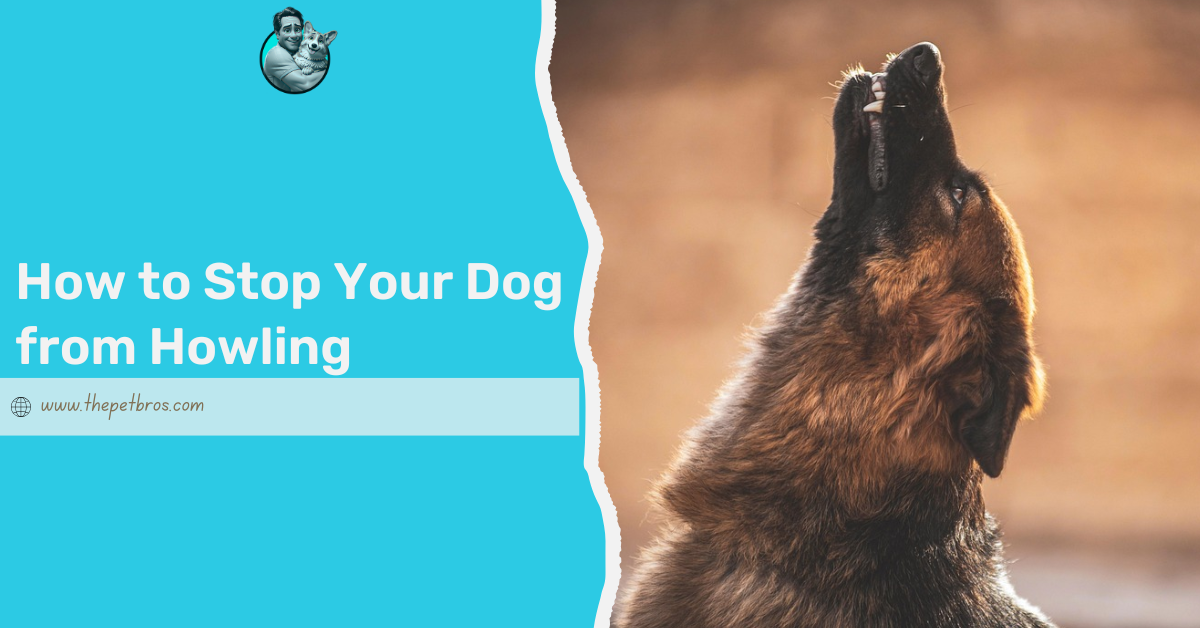You’re snacking on a carrot when your dog suddenly appears, giving you that “one bite won’t hurt” look. They’ve already decided you’re sharing. But before you cave, it’s only fair to ask: can dogs eat carrots? The answer’s yes, and your dog might just love them as much as you do.
Crunchy, colourful, and packed with vitamins, carrots are one of the safest human foods for dogs. They boost eye health, help clean teeth, and keep your pup feeling full without piling on calories. Still, not every treat should come straight from the fridge. Some serving styles are safer, and portions definitely matter. Let’s find out why carrots make the cut, and how to serve them right.
Can Dogs Eat Carrots, and Is It Good for Them?
Carrots are one of those fruits that check every box, its safe, tasty, and genuinely healthy for dogs. They’re packed with vitamin A for sharp vision, potassium for heart health, and enough fibre to keep digestion running smoothly. It’s no wonder most vets list carrots among the top vegetables for dogs, right alongside sweet potatoes, celery and broccoli.
If your dog’s already whining at the sound of you chopping carrots, that’s their way of saying they know a good thing when they smell it. The same applies to other healthy fruits, such as apples, blueberries, oranges, and watermelon, which are great in small, bite-sized portions. Just like carrots, they’re full of antioxidants and low in calories, making them perfect for reward time without the guilt.
Carrots are one of those snacks that can distract a restless dog, soothe a whining pup, and even make training a little more rewarding. The texture helps clean teeth while giving dogs something to focus on when they’re feeling impatient or bored. Whether it’s a quick nibble between meals or a healthy addition to their food bowl, carrots turn simple moments into small wins for your dog’s health and a lot fewer guilty looks for you.
How to Serve Carrots to Dogs Safely
Carrots are simple to prepare, but a few smart steps can make them safer and easier for your dog to enjoy:
- Chop into small pieces: Always cut carrots into bite-sized chunks or thin sticks to prevent choking, especially for small breeds or dogs that tend to eat too quickly.
- Raw or steamed, both work: Raw carrots keep their crunch and nutrients, while lightly steamed ones are gentler on your dog’s teeth and tummy.
- Keep it plain: Skip oil, butter, and seasoning. Dogs prefer the natural sweetness, and additives can upset their stomach.
- Start small and watch for reactions: Like any new food, introduce carrots slowly. If your dog shows signs of itching, swollen paws, or excessive licking, stop feeding them and ask your vet about allergy testing.
- Stick to the 90/10 rule: Treats, including carrots, should make up no more than 10% of your dog’s daily intake.
A little preparation goes a long way in making carrots a safe, crunchy, and worry-free snack.
When Can Dogs Have Carrots and When They Shouldn’t
Carrots are great for most dogs, but like any treat, they should be given in moderation. Too many can lead to tummy troubles such as gas, bloating, or mild diarrhoea, mainly if your dog isn’t used to fibre-rich foods. Dogs with diabetes should also have smaller portions, as carrots contain natural sugars that can affect blood sugar levels.
If you notice redness or swelling around the paw area, it could be an allergic reaction to carrots or any new food introduced too quickly. Inflammation can also signal a yeast infection or contact irritation, so it’s best to pause the treat and consult your vet.
Conclusion
So, can dogs eat carrots? Absolutely, they’re one of the safest, healthiest foods you can share with your dog. Packed with vitamins, low in calories, and naturally sweet, carrots make the perfect guilt-free treat. Just remember to chop them small, serve them plain, and start slow if it’s your dog’s first time.
Can Dogs Eat Carrots FAQs
What is the healthiest vegetable for dogs?
Carrots, broccoli, and green beans top the list for their vitamins and low calories.
What vegetables can dogs not eat?
Avoid onions, garlic, leeks, and chives; they’re toxic to dogs.
What foods are toxic to dogs?
Grapes, raisins, chocolate, and anything with xylitol are major no-gos.
Is a carrot a laxative for dogs?
Not directly, but the fibre in carrots helps keep digestion regular.
What food is best for dogs?
Vet-approved, balanced dog food is best; treats like carrots should be extras.






